To provide the best experiences, we use technologies like cookies to store and/or access device information. Consenting to these technologies will allow us to process data such as browsing behaviour or unique IDs on this site. Not consenting or withdrawing consent, may adversely affect certain features and functions.
The technical storage or access is strictly necessary for the legitimate purpose of enabling the use of a specific service explicitly requested by the subscriber or user, or for the sole purpose of carrying out the transmission of a communication over an electronic communications network.
The technical storage or access is necessary for the legitimate purpose of storing preferences that are not requested by the subscriber or user.
The technical storage or access that is used exclusively for statistical purposes.
The technical storage or access that is used exclusively for anonymous statistical purposes. Without a subpoena, voluntary compliance on the part of your Internet Service Provider, or additional records from a third party, information stored or retrieved for this purpose alone cannot usually be used to identify you.
The technical storage or access is required to create user profiles to send advertising, or to track the user on a website or across several websites for similar marketing purposes.
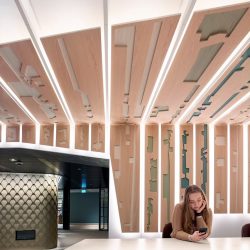 The world is changing. Often without sense, often at startling speed. I need not mention the ‘B word’. However, there is a risk that this volatility leads to us being too negative. Today, too many people are speaking with too much pessimism. Don’t believe me? Try logging onto Twitter. In these challenging times, we need to also look at our strengths and celebrate areas where things are going well. The UK’s workplaces sector is one example of this, as shown by the BCO’s recent regional awards. (more…)
The world is changing. Often without sense, often at startling speed. I need not mention the ‘B word’. However, there is a risk that this volatility leads to us being too negative. Today, too many people are speaking with too much pessimism. Don’t believe me? Try logging onto Twitter. In these challenging times, we need to also look at our strengths and celebrate areas where things are going well. The UK’s workplaces sector is one example of this, as shown by the BCO’s recent regional awards. (more…)




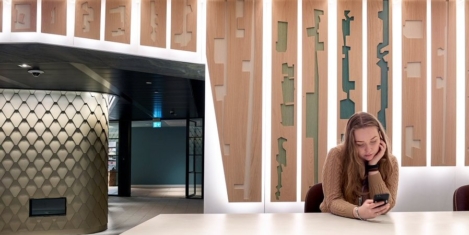

 Today, the
Today, the 

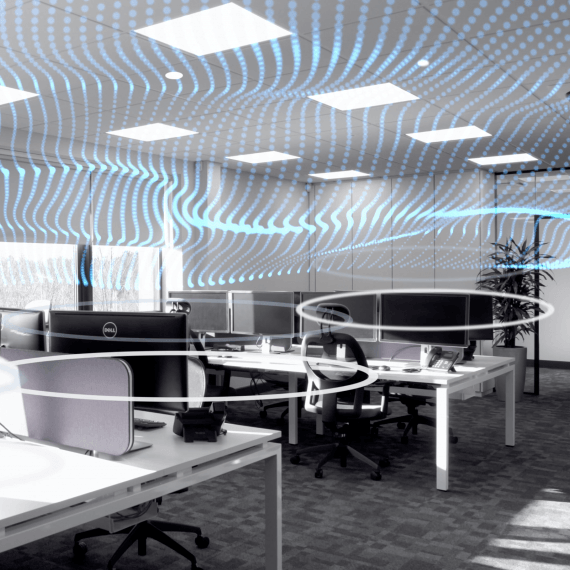
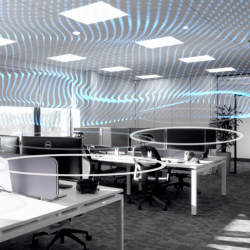

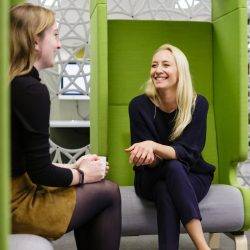
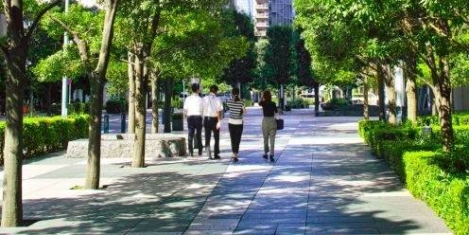
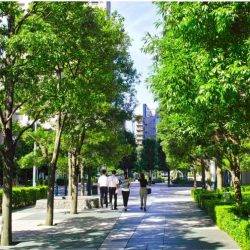








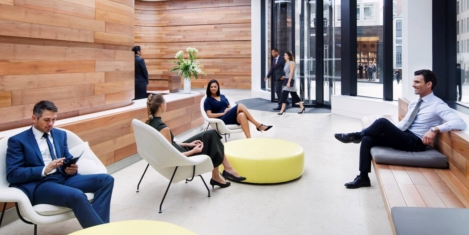
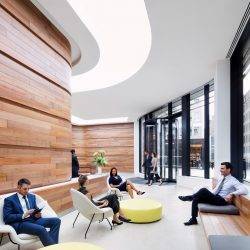








June 19, 2019
Coworking is now the key driver of change in property market
by Daniel Wright • Comment, Property, Workplace design